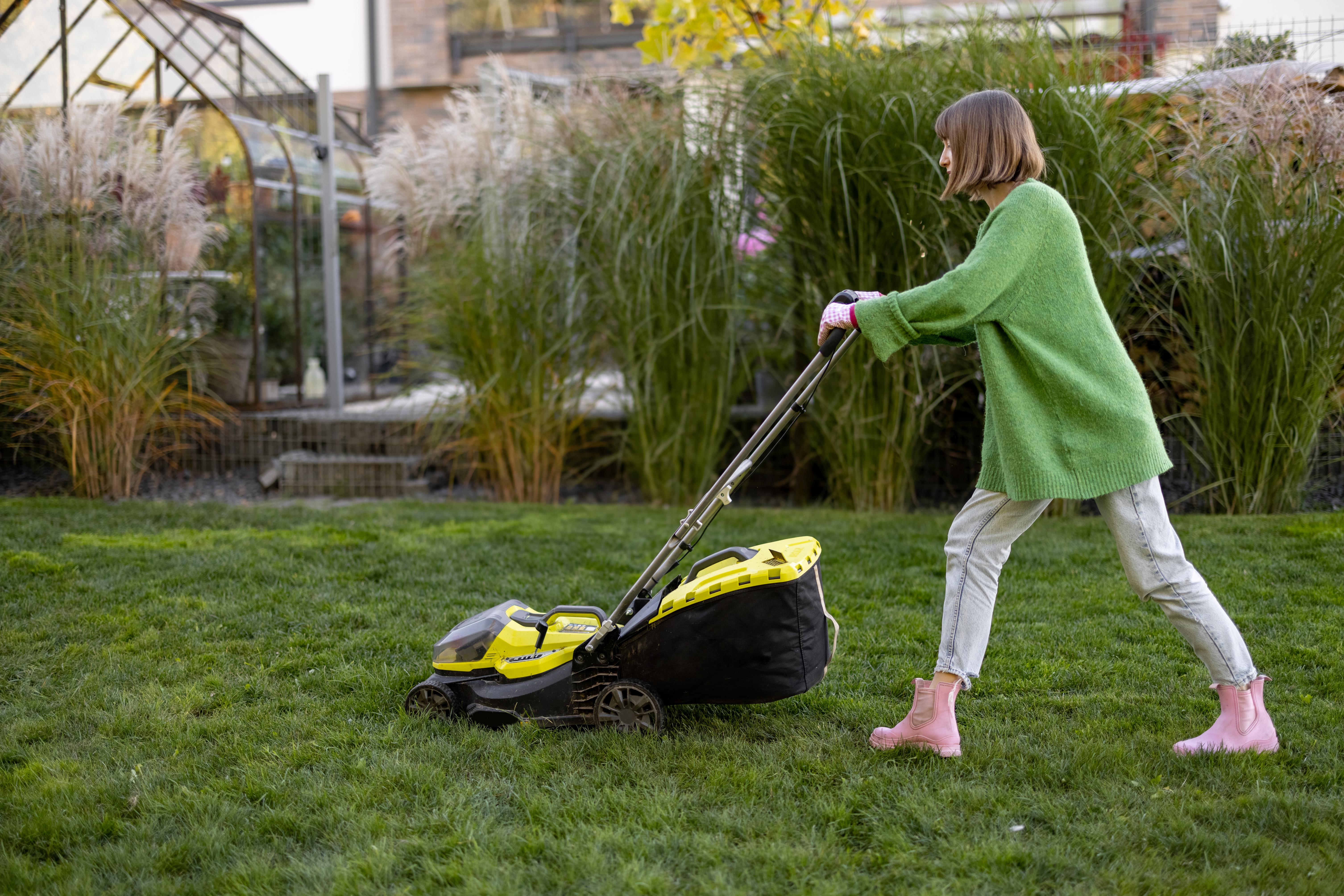12 Unexpected Summer Allergy Triggers You Didn't Know About
Summer, a season synonymous with sunshine, beach trips, and outdoor adventures, often brings with it an unwelcome guest: allergies. While many are familiar with the usual culprits like pollen and grass, there exists a myriad of unexpected triggers that can stealthily disrupt your sunny escapades. These hidden allergens can transform a day at the park or a backyard barbecue into a sneeze-filled ordeal. Understanding these lesser-known triggers is crucial for those who suffer from seasonal allergies, as it allows them to better prepare and enjoy the summer months without constant discomfort. This article will delve into 12 surprising allergy triggers that often fly under the radar, each with its own unique characteristics and effects. By shedding light on these unexpected allergens, we aim to equip you with the knowledge to identify and manage them effectively, ensuring your summer is as enjoyable as possible. As we journey through this exploration, you'll discover that the world of allergies is far more intricate than it appears, with each section revealing a piece of the puzzle that is summer allergies.
1. Chlorine in Swimming Pools

Swimming is a quintessential summer activity, but for some, the chlorine used to keep pools clean can be an unexpected allergy trigger. Chlorine, a potent chemical, is essential for maintaining water hygiene, yet it can irritate the skin, eyes, and respiratory system. Those with sensitive skin or pre-existing respiratory conditions like asthma may find themselves particularly susceptible. The irritation occurs because chlorine can strip away the natural oils of the skin, leading to dryness and itchiness. Inhalation of chlorine vapors, especially in poorly ventilated indoor pools, can exacerbate respiratory issues, causing coughing and wheezing. For individuals with a chlorine sensitivity, opting for saltwater pools or ensuring proper ventilation in indoor swimming areas can mitigate these effects. Additionally, showering immediately after swimming and using moisturizers can help protect the skin from chlorine's drying effects. Understanding the impact of chlorine on the body is crucial for allergy sufferers who wish to enjoy a refreshing swim without the accompanying discomfort.
2. Freshly Cut Grass

The smell of freshly cut grass is often associated with summer, yet for many, it is a trigger for sneezing and itchy eyes. The process of mowing the lawn releases a variety of allergens, including pollen and mold spores, into the air. The physical act of cutting the grass also releases compounds known as green leaf volatiles, which can irritate the respiratory system. For those with grass pollen allergies, this can result in an immediate allergic reaction, characterized by sneezing, a runny nose, and watery eyes. To minimize exposure, allergy sufferers can wear masks while mowing or opt to hire someone else for the task. Keeping windows closed during and after mowing can also help reduce the amount of allergens entering the home. Understanding the link between freshly cut grass and allergies allows individuals to take proactive measures, ensuring that their enjoyment of a well-manicured lawn doesn’t come at the cost of their comfort.
